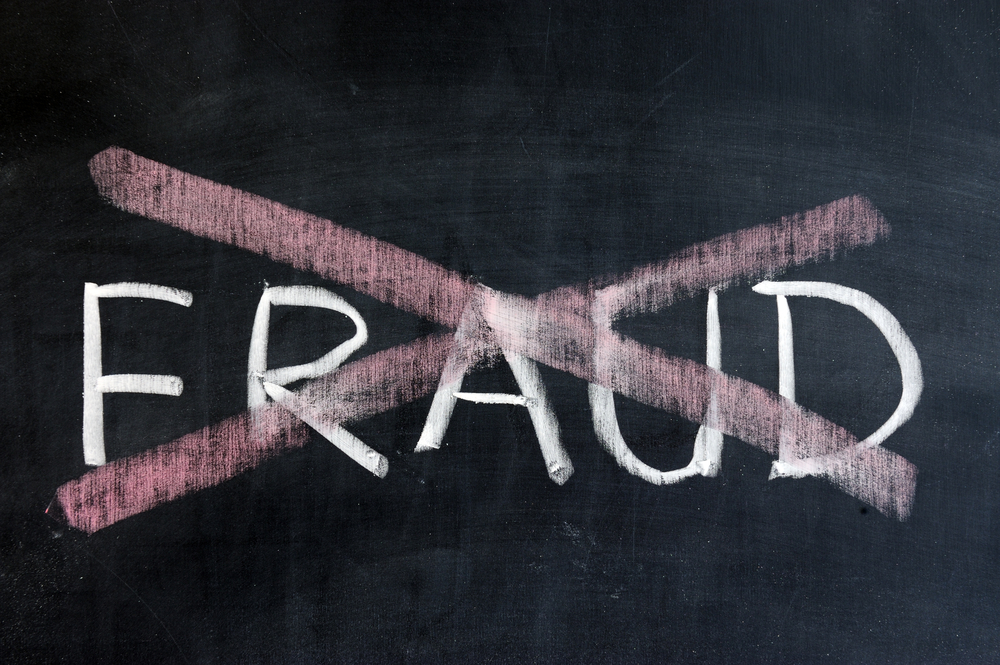Consumer Protection: Your Rights & Responsibilities
As National Consumer Protection Week continues, here are some basic steps you can take to protect yourself. Phishing and identity theft are serious problems, costing banks, credit unions and consumers millions of dollars every year. In many cases involving credit card fraud, your bank or credit union assumes most of the risk. But even in cases where the customer is made whole, and the bank or credit union covers the fraudulent charge, the consumer pays a price in terms of inconvenience and occasionally with a hit to their credit that takes time and effort to clear up.

As National Consumer Protection Week continues, here are some basic steps you can take to protect yourself. Phishing and identity theft are serious problems, costing banks, credit unions and consumers millions of dollars every year. In many cases involving credit card fraud, your bank or credit union assumes most of the risk. But even in cases where the customer is made whole, and the bank or credit union covers the fraudulent charge, the consumer pays a price in terms of inconvenience and occasionally with a hit to their credit that takes time and effort to clear up.
There are some things you can do to protect yourself and your credit union from would-be identity thieves:
- Keep updated antivirus protection on your computer.
- Don’t open email attachments from people you don’t know.
- Don’t use obvious passwords. For example, “password” is not a very good password.
- Change your password periodically.
- Don’t send personal information via email.
- Restrict access to your personal accounts, statements and passwords.
- Get a shredder and use it. - 3Rivers is hosting a FREE Shred Day on Thursday, March 6th from 10AM-1PM.
- Empty your mail every day. Thieves steal credit cards and checkbooks from mailboxes. Even better, get eStatements and use Online Bill Payment more often to limit the use of costly and vulnerable checks.
- Don’t leave your checkbook, purse or wallet in the car.
- Look for a little picture/icon of a padlock in the corner of your web browser.
- Use “https://” rather than simply “www” or “http://” when conducting financial business online. In most cases, this will take you to a secure and encrypted connection, which is much more difficult for “sniffers” to compromise.
Identity Theft Protection for Business Owners
- Conduct an enterprise-wide risk assessment.
- Identify who has access to your financial information, account numbers, passwords, etc. and restrict this list only to people who have a genuine need to know.
- Store sensitive information on a secure server with restricted access.
- Change passwords immediately after employees with access leave their posts, whether by transfer, resignation or - especially - termination.
- Implement strict controls on financial accounts, with regular reconciliation of transaction history against your receipts.
If you believe you may be the victim of identity theft, notify law enforcement and contact the affected financial institution immediately and carefully monitor all your other accounts for suspicious activity. Change passwords on all your accounts if one account is compromised. Your other accounts may be vulnerable too. When we work together to fight identity theft, it lowers fees and improves services for all credit union members.
